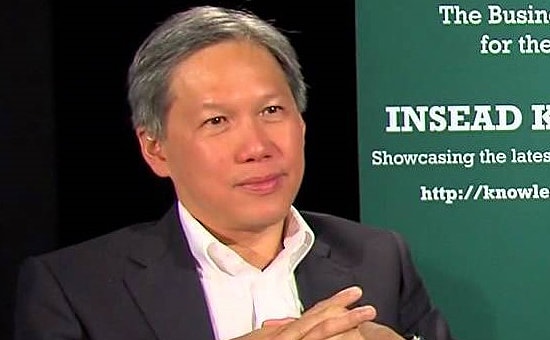The professor doesn’t view US-president Donald Trump as the source of this rebalancing of power. He traces its origins to the immediate aftermath of the financial crisis. As evidence he cites former President Barack Obama’s warning to 13 CEOs from America’s biggest banks in 2009: “My administration is the only thing between you and the pitchforks.”
But what are the reasons behind this new protectionism and influence from the public sector that goes against the hailed globalisation trend? How could populists gain the movement they have? According to Huy the answer lies in the innovation advancements of the past decades – including the advent of the internet and digital technology.
This has caused:
- The outsourcing of jobs
- A decline in the value of human labour – especially unskilled labour – as compared to machines
- Stagnating productivity growth rates and stalled wages
- Worsening income inequality
- A low labour force participation
All arguments that the populist movement has used against globalisation and to arouse the masses. However: “Business leaders prefer to believe in the power of the ‘invisible hand’ to shape a brighter future,” writes Huy. “Put your trust in the free market and it will all turn out okay in the end.”
According to the Insead professor there is a lot of truth in that view. Looking into the past disruptive technology like the printing press and automation that came with the Industrial Revolution was rebuked as destructive because their benefits had yet to spread throughout society. The ongoing wave of digitisation and automation will ultimately prove no different according to Huy.
But how to deal with the here and now, where populist politicians incite fear and outrage aimed at “international elites” and foreigners as being the culprits of the perceived inequality? Huy suggests a solution from a rather unlikely place: He wants western companies to learn from Chinese firms that have to deal with the ruling Communist Party. These companies depend on their middle managers to resolve tensions between market imperatives and Communist Party mandates. In his research, Huy found two “bridging strategies”: The first was to build personal relationships with local Party officials, the second to find a common solution to the conflicting demands of commerce and Communism. As an example Huy cites that when a firm has to lay off people, middle managers leverage their own business contacts to find new jobs for retrenched employees for example.
According to Huy there is a lot of benefit found in these two strategies that can be transferred to western companies as well and it could well be the newly found mission of the middle manager who became more and more obsolete in past years due to the technological advances.
Read more atKnowledge INSEAD

